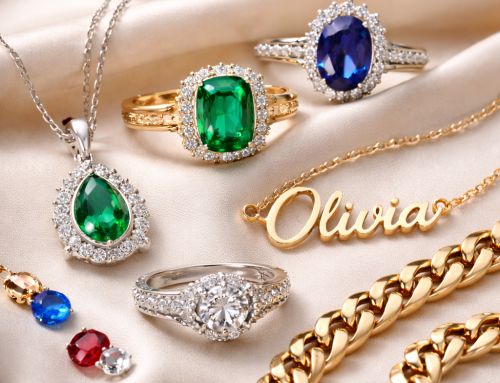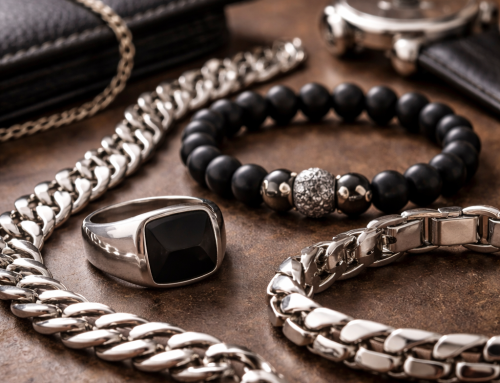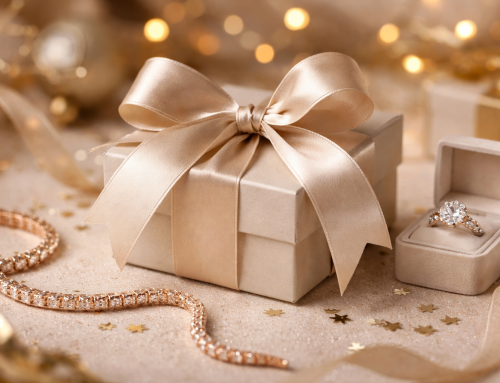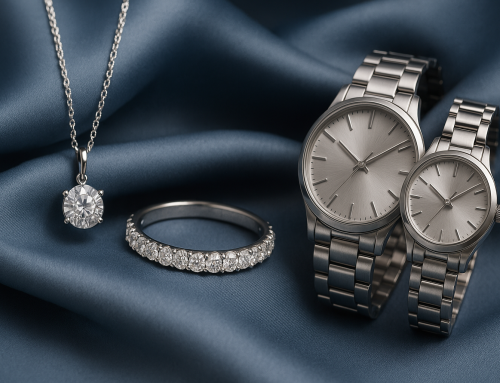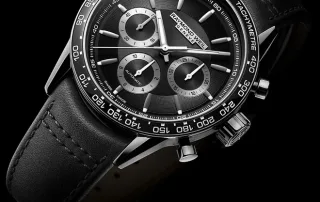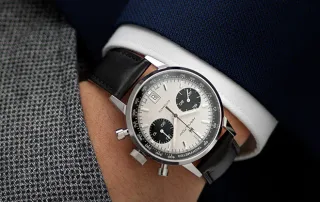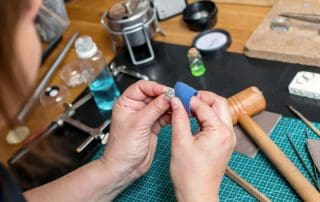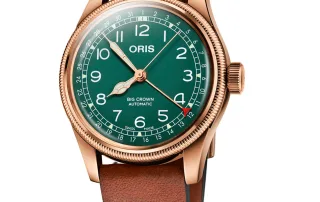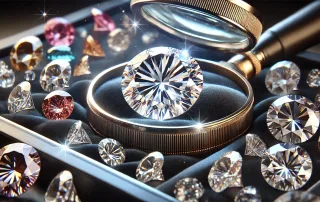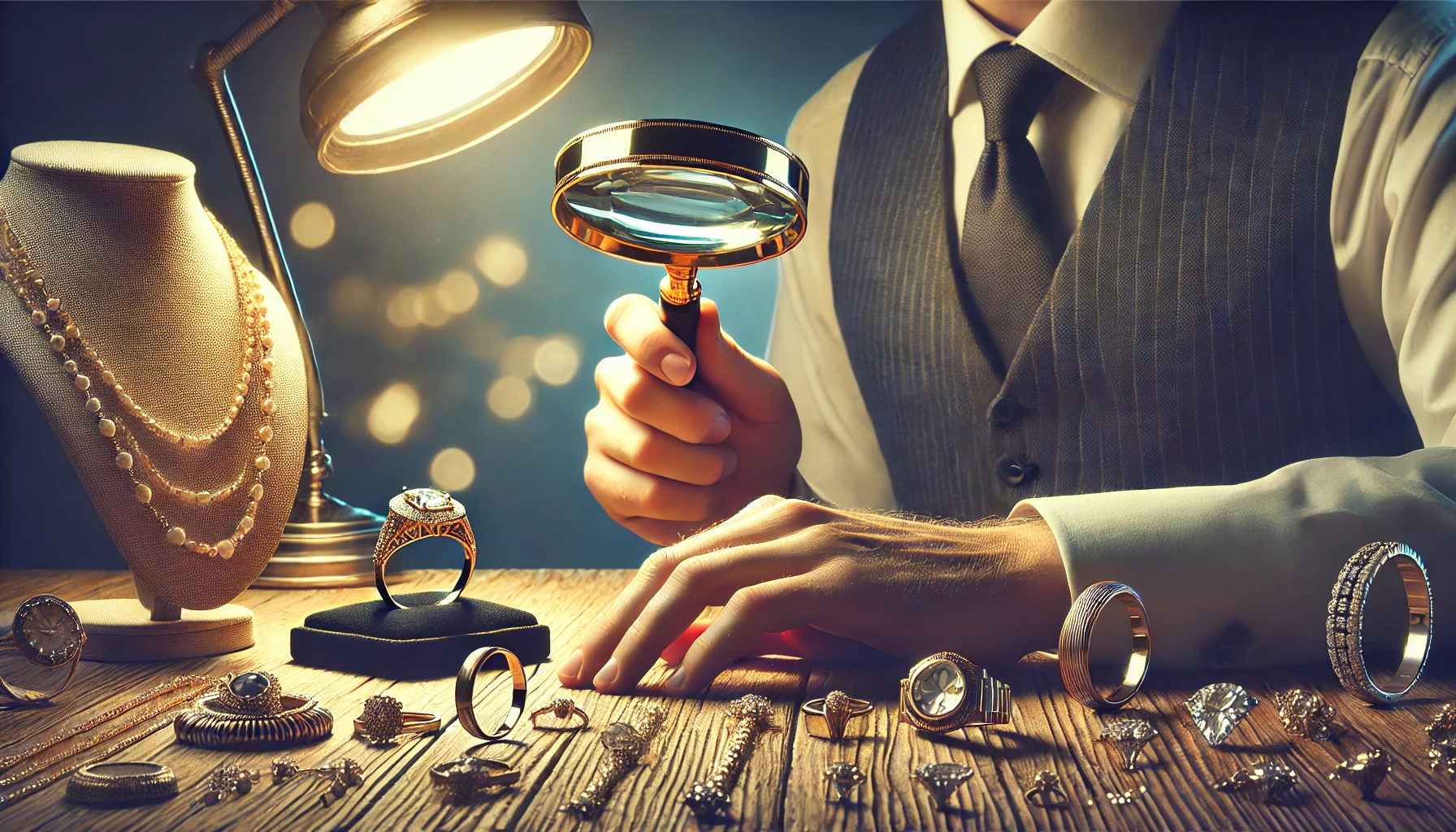
When shopping for fine jewelry, it’s easy to get overwhelmed with options—and, unfortunately, not all of them are genuine. Whether it’s gold, silver, diamonds, or other precious materials, the jewelry market has its fair share of counterfeits. But don’t worry! If you’re wondering whether a piece is authentic or fake, there are simple ways to spot the difference. In this article, we’ll walk through five easy tricks you can use to check the authenticity of jewelry and avoid getting duped. Let’s dive in!
1. Use a Magnet to Test the Metal
One of the fastest ways to determine if your jewelry is fake is the magnet test. Authentic gold, silver, and platinum are non-magnetic, meaning they won’t attract a magnet.
How to Perform the Magnet Test:
- Hold a strong magnet against the jewelry piece.
- If the jewelry sticks to the magnet, it’s likely plated or made from base metals like copper or nickel.
- Real precious metals won’t react to the magnet, but beware—this method won’t work on fake pieces that use non-magnetic pot metals like brass.
- Pro Tip: Even though some fake jewelry won’t respond to magnets, this test is a quic and handy way to catch low-quality fakes.
2. Look for Official Hallmarks or Stamps
Genuine jewelry often carries hallmarks, which are small engravings that indicate the material, purity, or brand. These stamps provide insight into the authenticity of the item.
What to Check:
- Gold Jewelry: Look for marks like 10K, 14K, 18K, or 24K, which reflect the purity of gold.
- Silver Jewelry: Search for stamps like 925 (which means 92.5% pure silver).
- Platinum Jewelry: Keep an eye out for marks such as PT or 950. If the piece is missing any markings, it could be a red flag that it’s fake. However, some vintage or heavily worn jewelry may have faded hallmarks, so it’s always good to examine closely with a magnifying glass or jeweler’s loupe.
3. Conduct a Simple Acid Test for Metal Purity
If you’re serious about confirming whether your jewelry is genuine, an acid test kit is one of the most reliable tools. Jewelers use this method to identify the metal composition of jewelry.
How it Works:
- Gold Test: Apply a drop of acid on a small scratch made on the jewelry’s surface. If the color changes, it indicates fake gold.
- Silver Test: A similar test can confirm whether your silver piece is genuine or plated.
- Note: This test is best performed with caution or under the guidance of a professional since it involves corrosive chemicals.
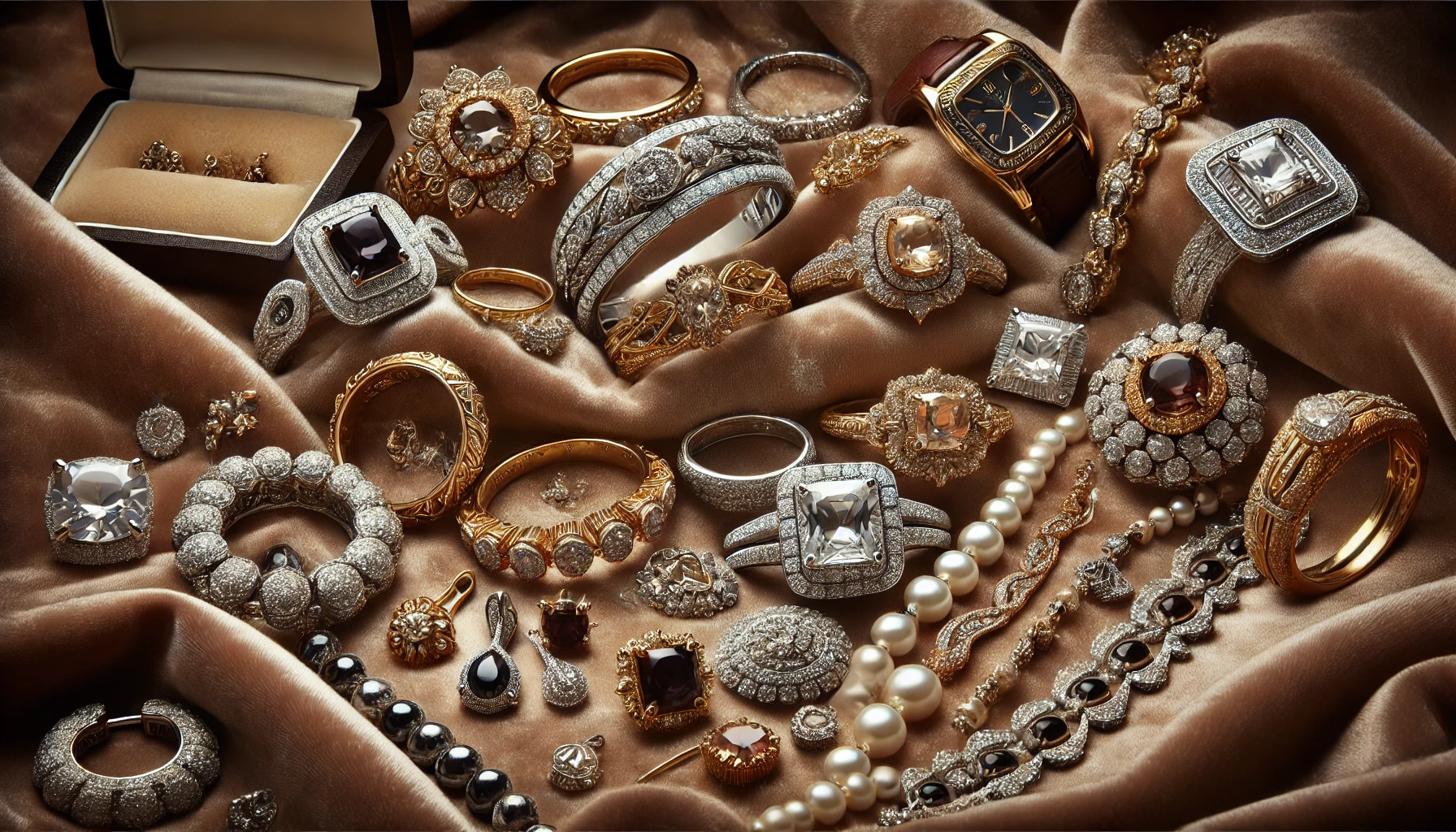
4. Weigh the Jewelry—Heft Matters!
Genuine gold, silver, and other precious metals are dense and heavy compared to their fake counterparts. One effective way to spot a fake is to compare the weight of the piece with similar items.
How to Check:
- Use a jeweler’s scale to weigh the piece.
- If the item feels too light for its size, it may indicate plating over a hollow or low-quality metal core. Some fake jewelry uses lightweight materials like plastic or brass, giving it a hollow feel. On the other hand, real gold and silver should feel substantial in your hand.
5. Examine the Jewelry with a Jeweler’s Loupe
A jeweler’s loupe (or magnifying glass) lets you take a closer look at fine details that the naked eye might miss. When inspecting jewelry, pay attention to:
- Craftsmanship: Genuine jewelry tends to have clean, well-polished edges. Fake pieces might show signs of poor craftsmanship, such as rough edges or uneven patterns.
- Prongs & Stone Settings: Authentic gemstones are securely held in place with prongs or other professional settings. Fake stones, on the other hand, are often glued or poorly attached.
- Bonus Tip: Diamonds and other precious gems can be tested by how they reflect light Real diamonds sparkle with brilliance and reflect rainbow colors. Fake stones like cubic zirconia often have a duller appearance.
Why You Should Always Buy from Trusted Jewelers
If you want to avoid the hassle of verifying the authenticity of jewelry yourself, the best course of action is to buy from reputable jewelers like Bijouterie Bserkos. A trustworthy jewelry store will provide certificates of authenticity, clear return policies, and access to professional appraisals.
Bijouterie Bserkos prides itself on offering authentic, high-quality pieces, ensuring that customers always receive genuine jewelry, whether it’s gold, silver, or gemstone-studded items. When in doubt, always ask the jeweler for official documentation to confirm the item’s origin and value.
Conclusion
Spotting real jewelry from fake pieces doesn’t have to feel like rocket science. With these five simple tricks—using a magnet, checking for hallmarks, conducting an acid test, weighing the item, and inspecting craftsmanship—you can easily determine whether a piece is authentic. While it’s always best to buy from reputable jewelers like Bijouterie Bserkos, knowing these techniques ensures you’re prepared to assess jewelry independently. Remember, fake jewelry can look convincing, but with the right knowledge and a bit of inspection, you’ll never fall for imitations again.
FAQs
1. Can fake jewelry still have hallmarks?
Yes, some counterfeit pieces may bear fake hallmarks. That’s why it’s essential to use multiple tests—like the magnet test and acid test—for a more accurate evaluation.
2. How accurate is the magnet test for checking gold?
The magnet test is useful, but it’s not foolproof. Some fake gold pieces use non-magnetic materials. However, genuine gold won’t attract a magnet.
3. Is it safe to use an acid test at home?
Acid tests are highly effective, but they involve chemicals, so safety precautions are necessary. It’s best to let a professional jeweler perform this test if you’re unsure.
4. Can lightweight jewelry be real gold?
Some real gold jewelry is hollow to make it more affordable, but extremely light pieces should raise suspicion. Always compare the weight with similar-sized jewelry.
5. How can Bijouterie Bserkos guarantee authentic jewelry?
Bijouterie Bserkos ensures the authenticity of all products by offering certificates and expert appraisals. They only sell high-quality pieces from trusted sources, giving buyers peace of mind.
Armed with these five tricks, you can confidently shop for jewelry, avoid scams, and invest in pieces that will last a lifetime!
Latest Posts
Timeless Elegance: Discover Raymond Weil at B.Serkos Jewelry
In the world of luxury watchmaking, few brands match the [...]
Hamilton: Swiss Watchmaking Meets American Spirit at B.Serkos Jewelry
Hamilton Watches is known worldwide for its bold design and [...]
Why Custom Jewelry is the Best Way to Express Your Unique Style
In a world full of mass-produced accessories, standing out can [...]
The Ultimate Guide to Choosing the Perfect Engagement Ring at Bijouterie B.Serkos
Finding the perfect engagement ring is a big step in [...]
Why the Oris Big Crown Pointer Date Is a Must-Have for Watch Collectors
The world of luxury watches is vast. Yet, few models [...]
Diamond Grading Demystified: Understanding the 4Cs Like a Pro
Diamond Grading Buying a diamond is exciting and often marks [...]

